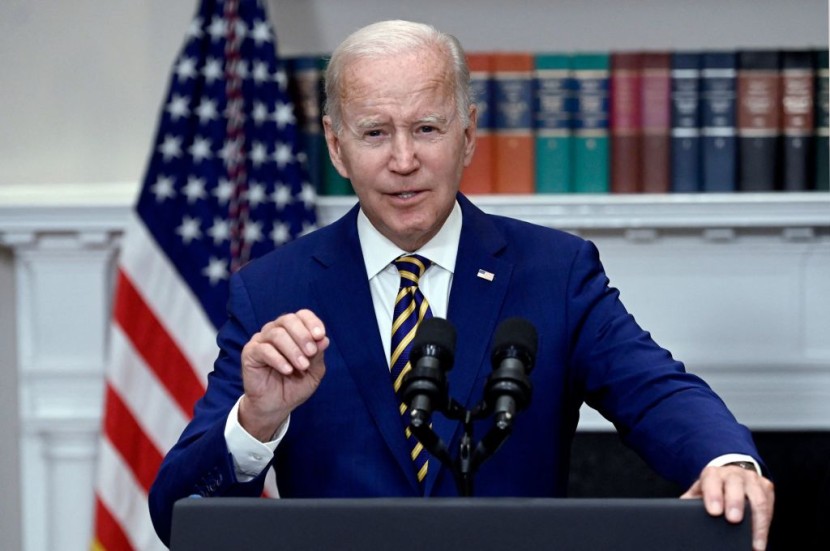President Biden has issued a sweeping executive order imposing financial and travel sanctions on Israeli settlers accused of violent attacks against Palestinians in the West Bank.
This move, which goes beyond a previous directive by the State Department, is seen as a strong response to address concerns from Arab American voters who have expressed dissatisfaction with the president's support for Israel during the conflict in Gaza, as per The New York Times.
Biden Sanctions Israeli Settlers for West Bank Violence

The sanctions, initially targeting four Israelis involved in acts of violence, threats, and attempts to seize Palestinian property, prohibit them from accessing the US financial system, American assets, or property. Additionally, they are barred from traveling to the United States and engaging in any commercial activities with US entities.
The individuals facing sanctions are accused of various offenses, including violence, threats, and property seizures against Palestinians. The penalties aim to hinder their use of the US financial system and prevent American citizens from dealing with them. US officials are considering further actions against those involved in attacks that escalated during the Israel-Hamas war.
President Biden's order is a rare step against a close ally in the Middle East, underscoring the administration's commitment to holding individuals accountable for violence that undermines peace and stability. While expressing support for Israel's right to defend itself, Biden has urged restraint from Israeli Prime Minister Benjamin Netanyahu's government in military operations against Hamas.
The sanctioned settlers are accused of participating in riots, assaults on farmers and activists, assaults on Israeli activists, and leading attacks on Palestinian and Bedouin civilians. The executive order aims to address the violence perpetrated by extremists that hinders US foreign policy objectives, including the pursuit of a two-state solution and equal security, prosperity, and freedom for Israelis and Palestinians.
The move comes amid growing criticism of the Biden administration's strong support for Israel during the conflict, raising concerns about casualties and the viability of a two-state solution. President Biden has reiterated his commitment to an independent Palestinian state coexisting with Israel, emphasizing the need for a lasting peace once the Israel-Hamas war concludes, according to Associated Press.
Netanyahu Criticizes US Sanctions Amid Alert
Israeli Prime Minister Netanyahu swiftly denounced the US penalties, emphasizing that the majority of settlers are law-abiding citizens. He argued against exceptional measures, highlighting Israel's actions against law-breakers in all locations.
The Treasury Department and the State Department have worked together to identify the sanctioned persons and to notify financial institutions to keep an eye on any transactions involving extremist settlers in the West Bank. The notice offers standards for recognizing questionable transactions, such as dealings with charities associated with extremists, memo-line information suggesting endorsement of extremism, and acquisitions of tactical equipment for use by non-governmental organizations in the West Bank.
President Biden's order aims to send a strong message against the extreme activities of some settlers in the West Bank, aligning with calls from US lawmakers to address the role of Americans or dual citizens involved in settler violence.
While the sanctions have been met with criticism from some quarters, including Netanyahu's government, the Biden administration remains steadfast in its commitment to holding accountable those responsible for violence that jeopardizes peace in the region.
The timing of the executive order, ahead of President Biden's visit to Michigan, raises questions about its connection to growing domestic pressure, particularly from Arab and Muslim leaders critical of the administration's handling of the conflict. However, National Security Council spokesman John Kirby asserted that the order's timing was unrelated to domestic considerations and had been in development since November, CBS News reported.








